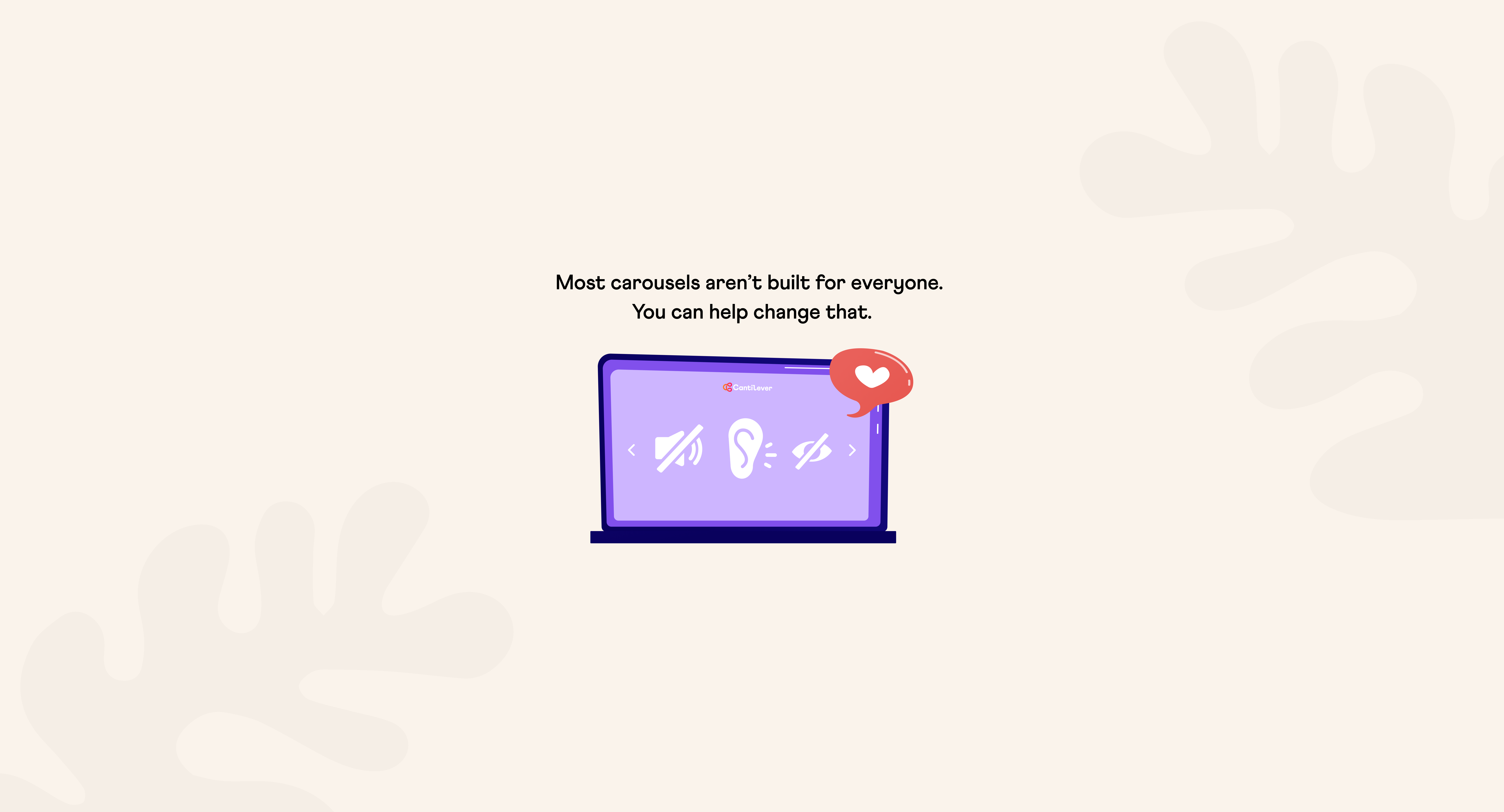The Art of Digital Hospitality
The fundamental philosophy we use to get better results when designing and developing websites for our clients.


At Cantilever, we believe that websites are spaces that users enter, not billboards they see from a distance. We empathize with them and obsess over every detail of their experience. We see ourselves as hosts, not broadcasters. We call this philosophy “Digital Hospitality.”
We do this because we think it’s right – because we love the feeling of hosting people, and care inherently about what they experience in our domain. But we also do this because it delivers outstanding results for our clients.
How?
Imagine you are shopping for a hat. You walk into the store, but nobody comes to greet you. You’d like to try some of the models on display, but you aren’t sure if you are allowed or who you have to ask. You see a few of the price tags, and they seem out of our price range. The employees seem disinterested and snobby. You decide to leave.
Now imagine you enter a different store. This time, a smiling employee greets you and asks if you’d like any help. They offer you a cup of tea or coffee. You say you’d just like to browse, so they kindly leave you alone, but stay within your sight. You decide to ask if you can try something on. The attendant responds enthusiastically and asks what you’d like to try. One of your choices is not available in your size, but they find a similar version in the back. You notice the prices seem high, and ask why these hats are more than those at a big-box store. The assistant tells you that the hats are hand-made from sustainable materials, and come with a lifetime guarantee. The additional price tag seems suddenly like a bargain. You walk out with two, and the store wins not only your business, but your recommendation.
Most websites are like the first store. They are focused on how great the company is, and not on how the company can help the customer. They are cold and distant. They may be unattractive, or attractive but hard to use. They may trigger a deluge of banner and pop-up ads. They may feel like somewhere one might contract a virus.
Digital Hospitality websites are like the second store. They are beautiful, yet easy to navigate. They are proactive in offering the visitor suggested next steps, but don’t force the user into them. They are flexible and accommodating to the specific needs of each user. They are fast and reliable. They feel dependable, trustworthy, and safe.
It’s obvious which store will be more profitable. Websites work the same way. An inhospitable website will kill conversion rates. According to Cloudflare, just a one second slowdown can hurt conversion rates by up to 2%.
Accessibility is a pivotal aspect of Digital Hospitality. The CDC says that one in four adults in the United States have some type of disability, many of which will influence their ability to use a website. Users on mobile devices, slow internet connections, or older computers will also run into a lot of problems navigating traditional websites. Digital Hospitality means considering each of these scenarios and accommodating for them, ensuring that anyone who wants to convert can convert. Imagine if a store turned away 25% of its foot traffic – it would kill their revenue. Too many businesses currently operate this way online.
Digital Hospitality provides empathy and equity for all site visitors, but it’s not just about justice. It’s about creating websites that do their jobs really, really well. Whether it’s for the Bipartisan Policy Center, the IMF, or Esquire Magazine, Cantilever has been delivering websites with this effective methodology since 2011. If you’d like to learn how Digital Hospitality can help your business, we’d love to get to know you!
Make your website work for you
Get top dev and accessibility tips delivered directly to your inbox for a more impactful online presence.


.png)



